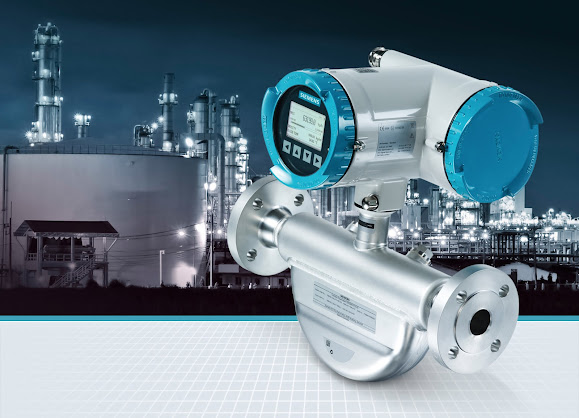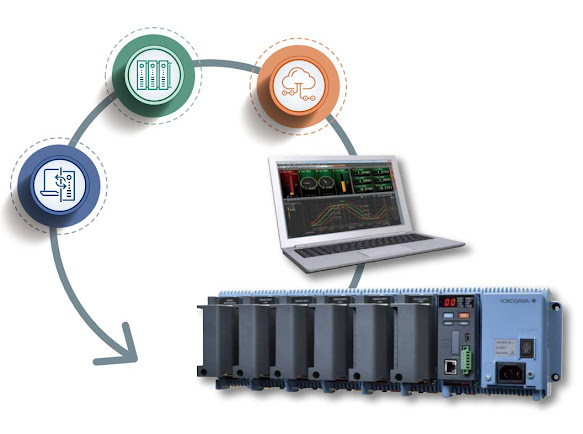How to Choose the Right Flow Meter for the Job: Expert's 5 Advice
Measuring the rate of fluid flow is a critical step in process control and industrial applications. digital water flow meters are instruments used in determining the flow rate of all types of gases and fluids including liquids, slurries, and gas. It’s important to choose the right type of flow meter for your particular application to ensure accuracy and reliability. In this post, we’ll provide you with expert advice on how to choose the right flow meter for the job.
-
Consider the flow media:
It’s important to consider the flow media when choosing the right flow meter. Different applications require different types of flow meters depending on the viscosity, density, conductivity, and chemical compatibility of the fluid. You need to understand the properties of the fluid media and choose a flow meter that can handle it. For instance, for food-grade liquids or corrosive chemicals, the use of stainless steel and plastic flow meters is advisable.
-
Consider the flow rate:
Another important factor to consider is the flow rate. Different flow applications have different requirements when it comes to flow meters. For instance, a high-flow rate application will require a flow meter with a broad range, while a low-flow rate application will require a flow meter with a precise and stable flow measurement. Therefore, it’s important to choose a flow meter that can handle the flow rate capacity of your application.
-
Consider the accuracy:
The accuracy of the flow meter is critical to ensure reliable and consistent measurements. Depending on the level of precision required, you need to choose the best flow meter for your application. High precision applications like custody transfer of fluids require exceptional accuracy, while general industrial flow applications may require less than 1% accuracy.
-
Consider the Operating Environment:
The temperature, pressure, and environment where the flow meter will be installed plays a crucial role in the type of flow meter to choose. High-temperature applications may require flow meters that can handle these temperatures such as thermal flow meters or mass flow meters. Similarly, corrosive environments may require flow meters constructed from materials like titanium or Hastelloy.
-
Consider Installation Requirements:
Different types of flow meters have different installation requirements, which can affect overall costs. Some types require little or no interruption of flow for installation, while others require piping modifications or shutdowns before installation. You should consider both installation costs and the potential for downtime when choosing the right flow meter.
Conclusion:
Choosing the right flow meter for your application is critical to ensure accurate readings and reliable performance. It’s important to consider the fluid media, flow rate, level of accuracy, operating environment, and installation requirements of your application. With the expert advice provided in this post, you can now make the right decision and choose the right flow meter for your job. Remember that accurate measurement of flow is critical to achieving process optimization and cost savings in any fluid process control applications.


Comments
Post a Comment